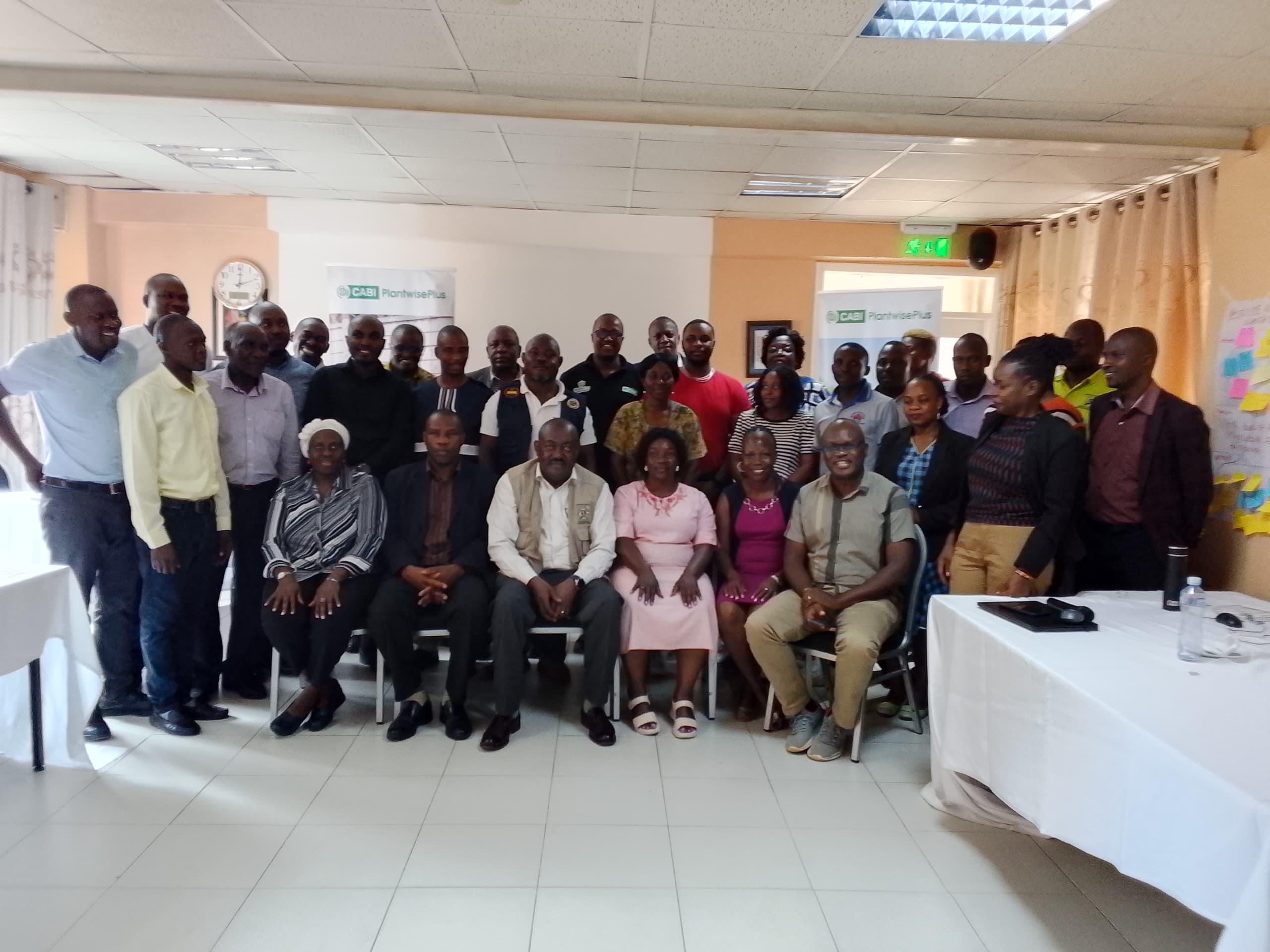Five Days that Could Change Uganda’s Food Future
This past week, I stepped into a space that pulsed with urgency and hope—the CABI Stakeholder Workshop on Pesticide Risk Reduction held at Eureka Place Hotel in Kampala. As someone who works daily to protect consumers, I found this gathering of minds—from government regulators to tomato vendors—both sobering and energizing.
We started with the evidence. The findings from markets like Kalerwe and Nakawa were unsettling. Pesticides are being misused at nearly every step of the food chain. Consumers are unknowingly eating food that may be harmful, and the people who handle this food are just as uninformed. A tomato seller stood before us and admitted that while she sprays to preserve her produce, she never considered the health risks to her customers—or herself. That moment stuck with me.
The workshop wasn’t just about what’s going wrong. It was about how to fix it—and fix it together. We learned to step into the shoes of farmers, traders, consumers, and policy makers. We explored how behaviours are formed and what it takes to change them. Some people don’t hear the message, not because they’re ignorant, but because it’s not framed in a way they can relate to. So, we got practical. What if messages came through church choirs or village theatre? What if they were shared in local dialects, using stories instead of statistics?
By the end of the week, we were creating messages—simple, powerful ones. In my group, we represented farmers. I shared insights on why some farmers misuse pesticides and how messages could be framed to resonate with their day-to-day realities. We didn’t stop at words—we thought about format: audio clips, market posters, community radio plays. This wasn’t theory—it was action.
The week closed with bold pledges. KCCA said they would tighten enforcement. Academics promised to open up their unpublished research. Market leaders said they’d carry the messages home. For me, it was more than just a workshop—it was a reminder that with the right message, on the right platform, real change is possible. And it starts with listening, not lecturing.

